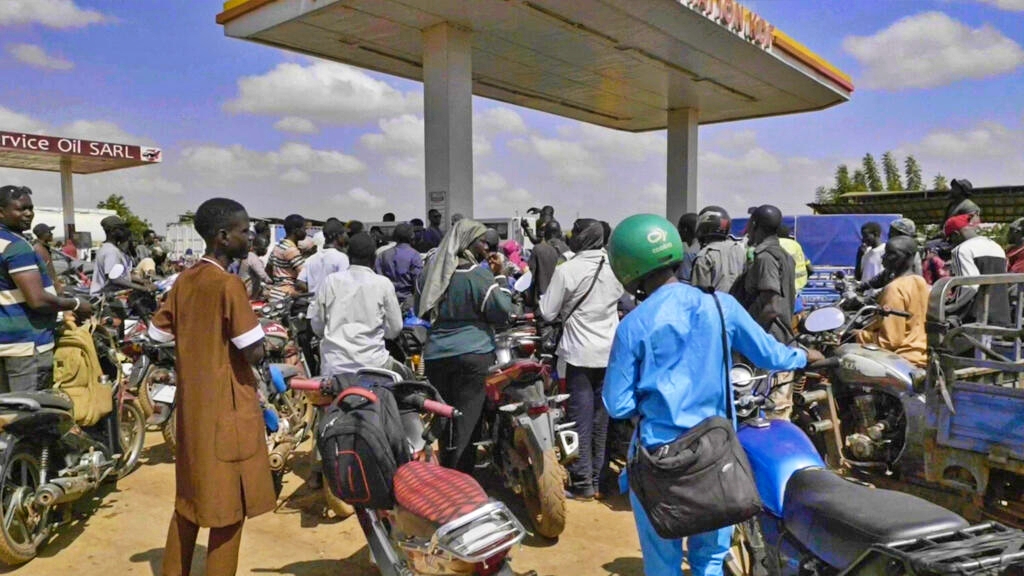Gambiaj.com – (BANJUL, The Gambia) – Mali’s government has announced a two-week suspension of classes across all schools and universities as a worsening fuel shortage, triggered by a jihadist blockade, grinds the country to a halt.
In a joint statement issued Sunday evening, October 26, 2025, the Ministries of National Education and Higher Education said classes would be suspended nationwide from Monday, October 27, to Sunday, November 9, citing “disruptions in fuel supply affecting the movement of school actors.”
The ministries added that school and university calendars will be adjusted accordingly, with classes expected to resume on November 10.
The crisis stems from a fuel blockade imposed since September by the Groupe de soutien à l’islam et aux musulmans (JNIM), an Al-Qaeda–linked coalition operating in the Sahel.
The jihadists have reportedly been targeting tanker trucks and trade convoys transporting fuel from Senegal and Côte d’Ivoire, Mali’s key import corridors, effectively cutting off the landlocked nation’s access to essential supplies.
The blockade has severely disrupted transportation, food delivery, and public services. Analysts warn that the suspension of education highlights the extent to which jihadist control over key trade routes now undermines daily life far beyond the conflict zones in central and northern Mali.
“This is more than a logistical crisis; it’s a strategic stranglehold,” said Bakary Sambe, director of the Timbuktu Institute in Dakar, in an earlier interview about the blockade. “By cutting off Mali’s fuel lifeline, the jihadists are crippling the state’s capacity to function.”
The Malian government, already facing international isolation and economic strain under military rule, has yet to announce concrete measures to ease the crisis.
Meanwhile, many families and teachers say they are struggling to commute, and public institutions, including hospitals and universities, report acute shortages of fuel to power generators.
The suspension of classes comes as part of a broader ripple effect from the ongoing fuel blockade, which threatens not only Mali’s economy but also its fragile social stability.










